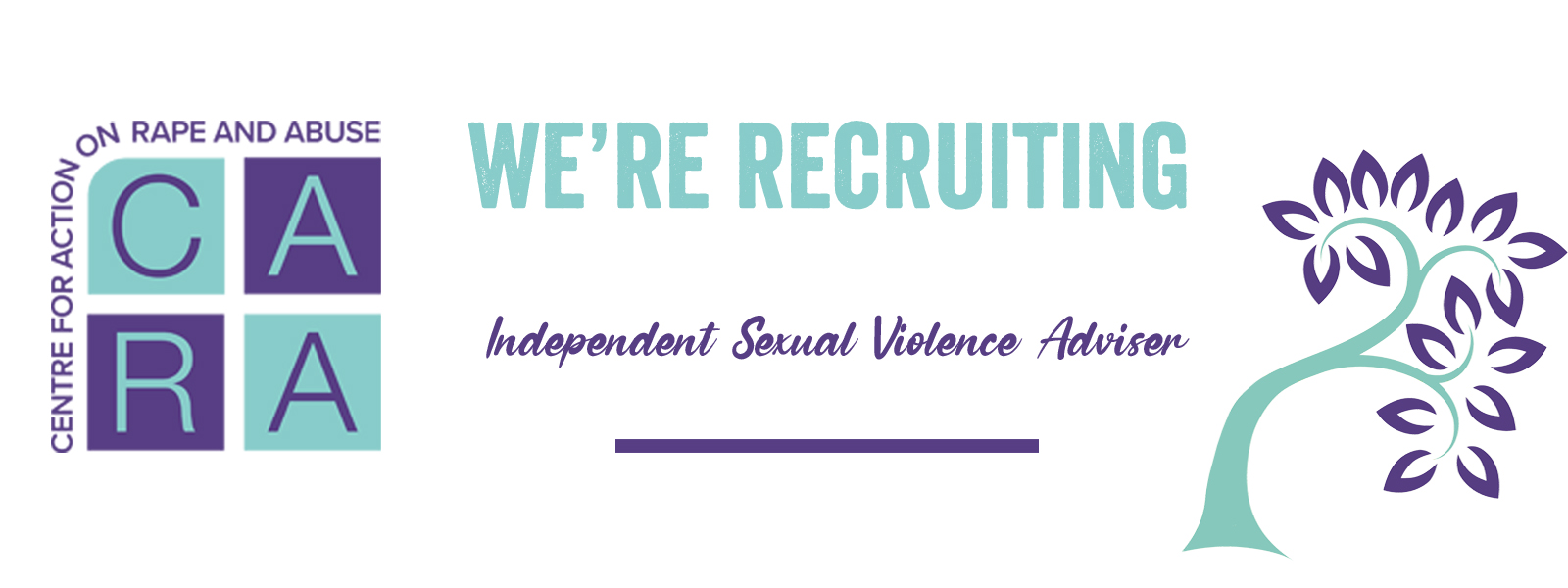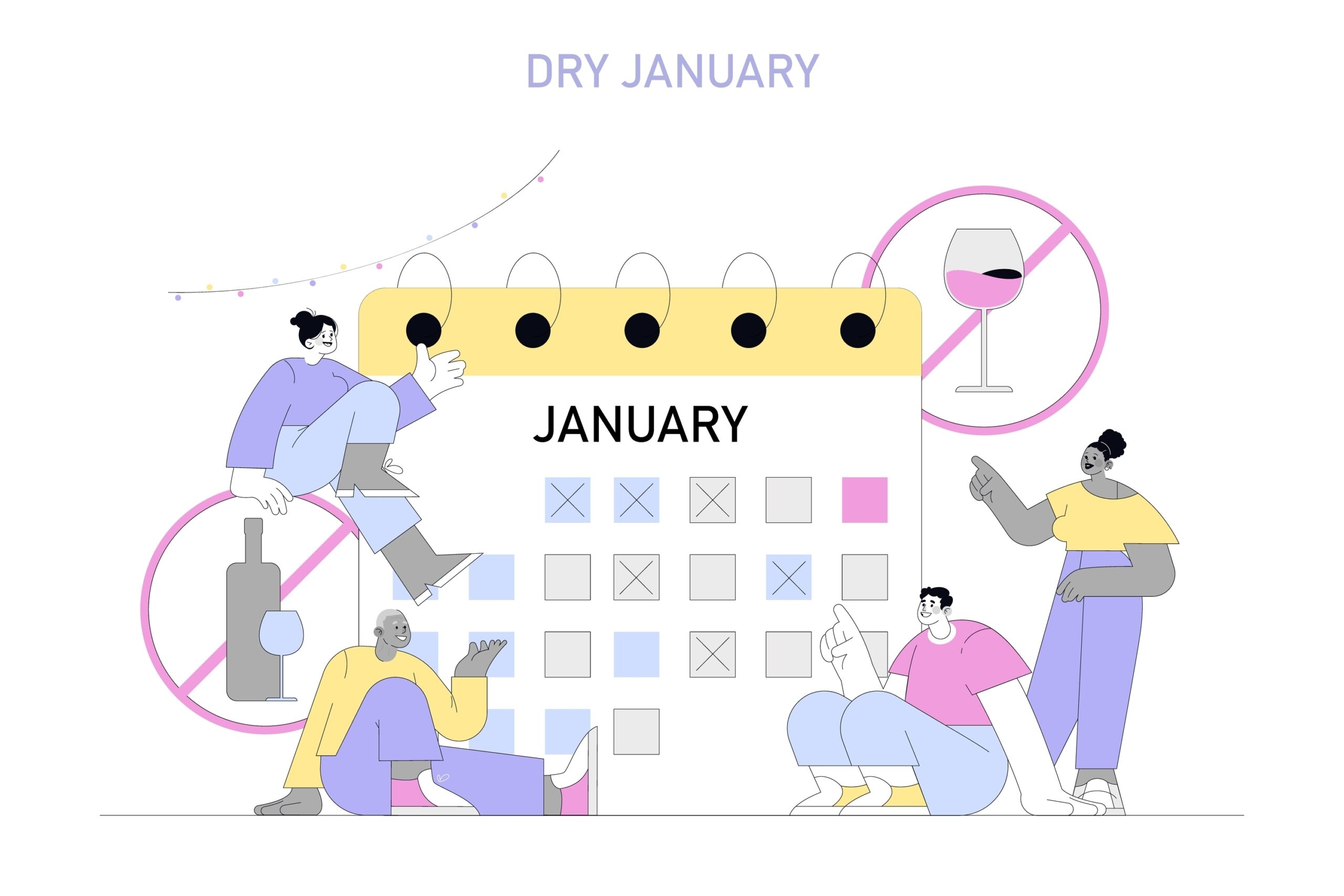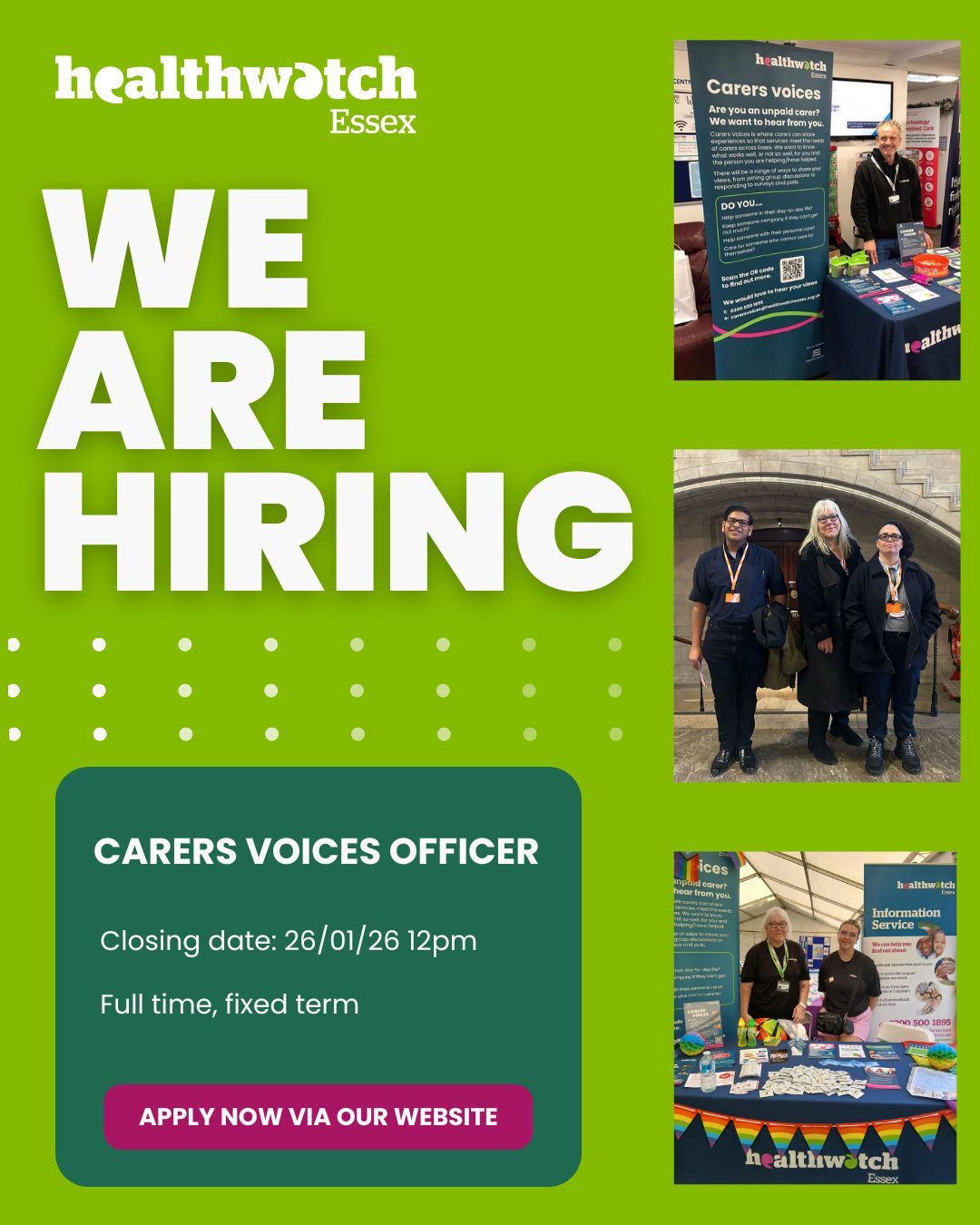Beckett Frith asks what happens when communications staff face a backlash because of what they share online – and what employers can do about it.
How unpleasant social media messages can impact your employees
Posted on: October 25, 2021
It was a Wednesday afternoon in June when Mind’s social media team tweeted a simple statement. “We’re loving that #TransMenAreMen is trending,” it read. “The fact some people disagree with this is a common reason trans men are more likely to experience mental health problems than the average. A reminder to accept that people know themselves better than you do, and to be kind, always.” They included a little blue heart at the end of their supportive message.
But instantly, the comments started pouring in. Many, of course, were grateful, thanking Mind for sharing a positive sentiment at a time when the LBGTQI+ community is under increasing attack. But some comments were less welcome.
“Someone’s getting fired tomorrow.”
“The social media team have screwed up here.”
“You’ve just lost a supporter.”
In total, the tweet received over 600 comments, a mix of supportive and critical – but far more engagement than Mind’s usual tweets receive.
This kind of comment can be really hard for them to read and respond to in a professional way.
“Even though I was confident we’d done the right thing in standing up for a marginalised group, reading messages like that was still hard,” says Samantha Hopps, Mind’s Digital Content Manager. And it’s not just trans issues that Mind staff have experienced backlash over – the charity is aiming to become an anti-racist organisation, and as a result rasicm is frequently a topic on their social media channels.
“People often disagree that racism exists, or say unhelpful things like ‘everyone has poor mental health, not just Black people’ when what we’re saying is that Black people are disproportionately affected by mental health problems, or are more likely to have force used against them in a mental health setting,” Samantha explains. “We have Black team members moderating our social channels, and this kind of comment can be really hard for them to read and respond to in a professional way – because obviously it’s personal.”
Mind’s social team already deals with difficult messages because of the nature of their social channels – people frequently reach out and mention their suicidal feelings or talk about their poor experiences of the mental health system. “Dealing with abusive messages on top of that can be really tough – especially if you’re having a bad day yourself,” says Samantha.



Leave a Reply
You must be logged in to post a comment.